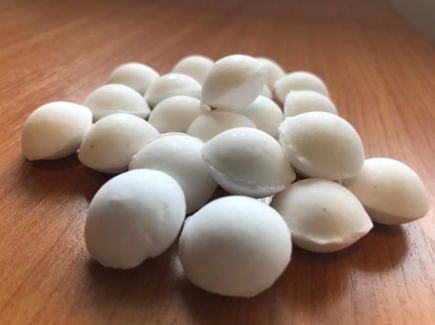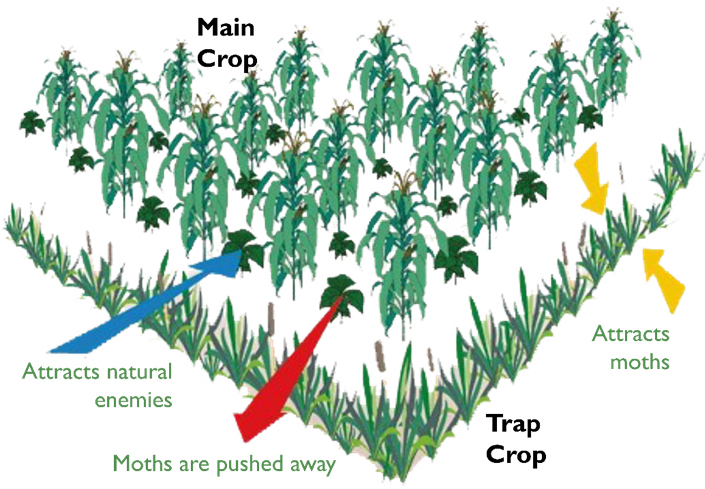
Climate conditions in Nepal are suitable for the establishment of fall armyworm, which could cause considerable crop loss if not managed properly. The fall armyworm is a destructive pest that has a voracious appetite for maize and other crops. Through the Nepal Seed and Fertilizer (NSAF) project, the International Maize and Wheat Improvement Center (CIMMYT) is working with the government of Nepal and other partners to address this imminent threat.
Chemical control of fall armyworm is too expensive and impractical for small-scale farmers, has negative human health effects, and can be a source of soil pollutants with a negative effect on biodiversity.
CIMMYT is currently evaluating the efficacy of push-pull cropping systems to control fall armyworm. Considered one of the most climate-smart technologies, push-pull systems use plant-pest ecology instead of harmful chemical insecticides to control weeds and insects. It is an environmentally friendly pest control method which is also economically viable for maize producers.
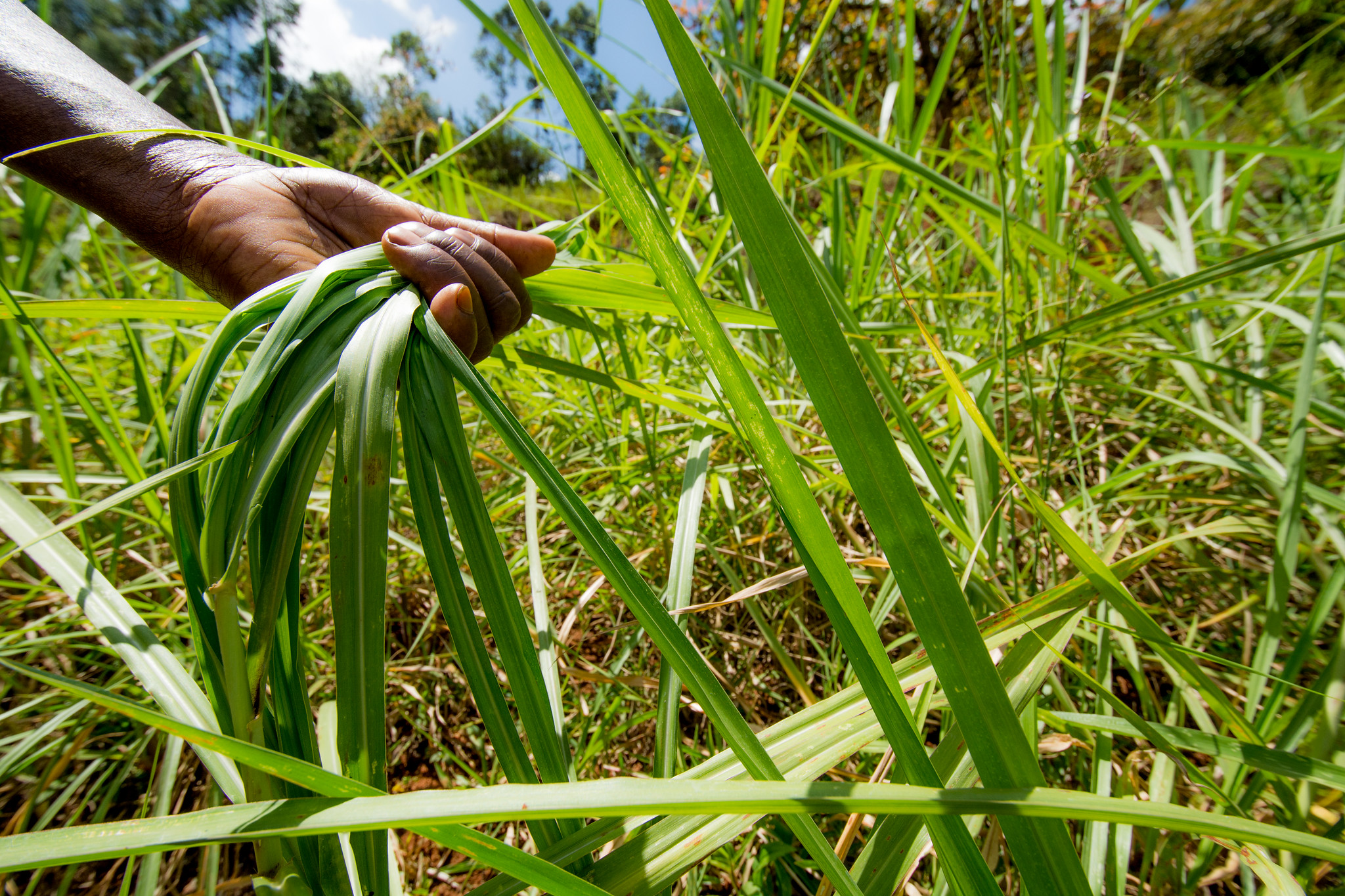
This system involves two types of crops: Napier grass (Pennisetum purpureum) and silverleaf desmodium legume (Desmodium uncinatum).
Desmodium plants are intercropped with the rows of maize and Napier grass surrounds the maize crop. Desmodium produces volatile chemicals that repel fall armyworm moths, while the Napier grass produces chemicals that attract female moths. The resulting push-pull system takes the pest away from the maize field.
An additional benefit is that desmodium improves nitrogen fertility through biological nitrogen fixation, which may reduce nitrogen input in the long-term. Desmodium also provides ground cover for maize, controlling soil erosion and offering protection from extreme heat conditions. Both desmodium and Napier grass are excellent fodder crops for livestock.
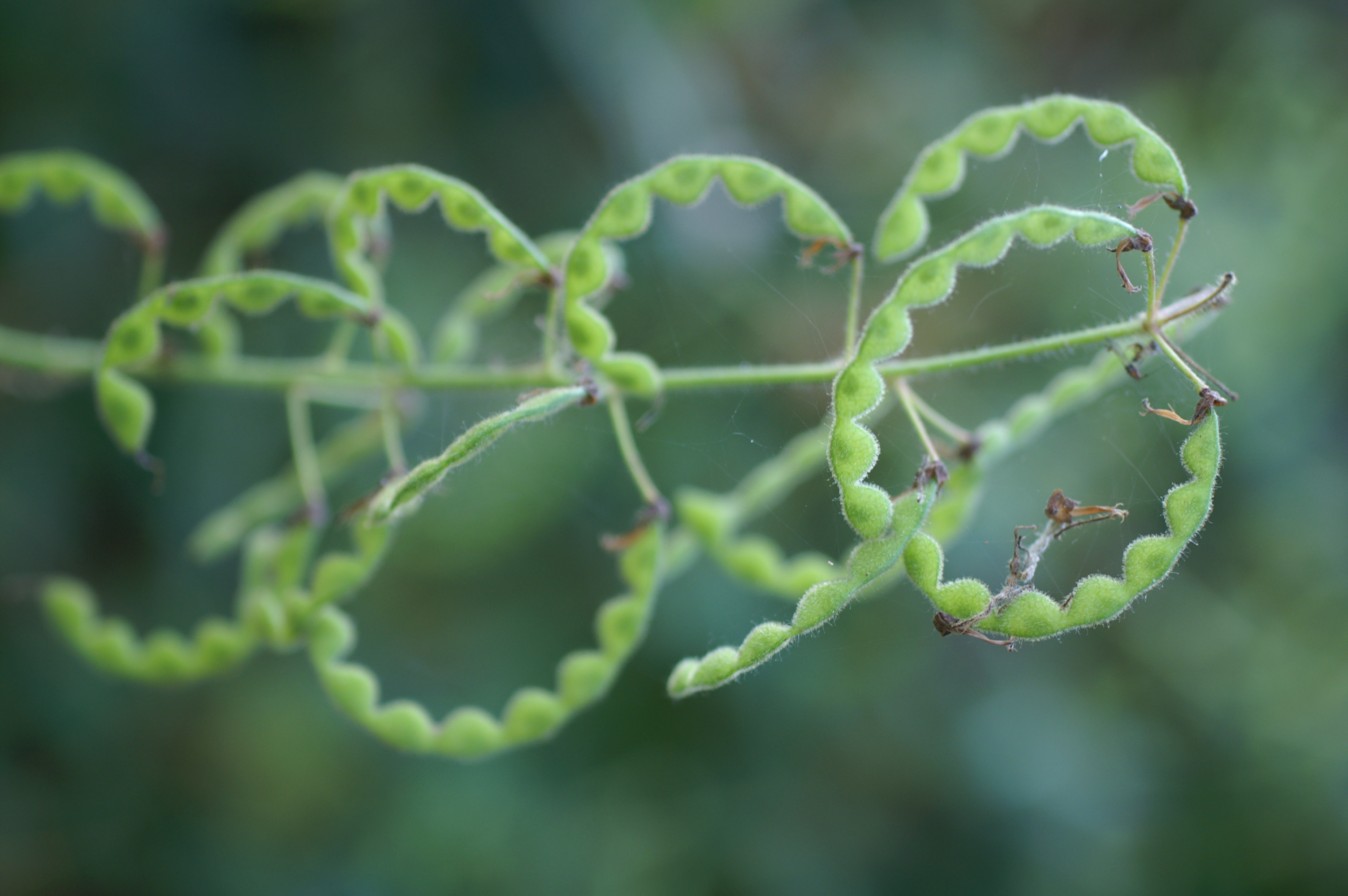
Because of all these reasons, push-pull technology is highly beneficial to smallholders who are dependent on locally available inputs for their subsistence farming. It can also have a positive spiral effect on the environment.
Scientists in other regions are also looking at agro-ecological options to manage fall armyworm.
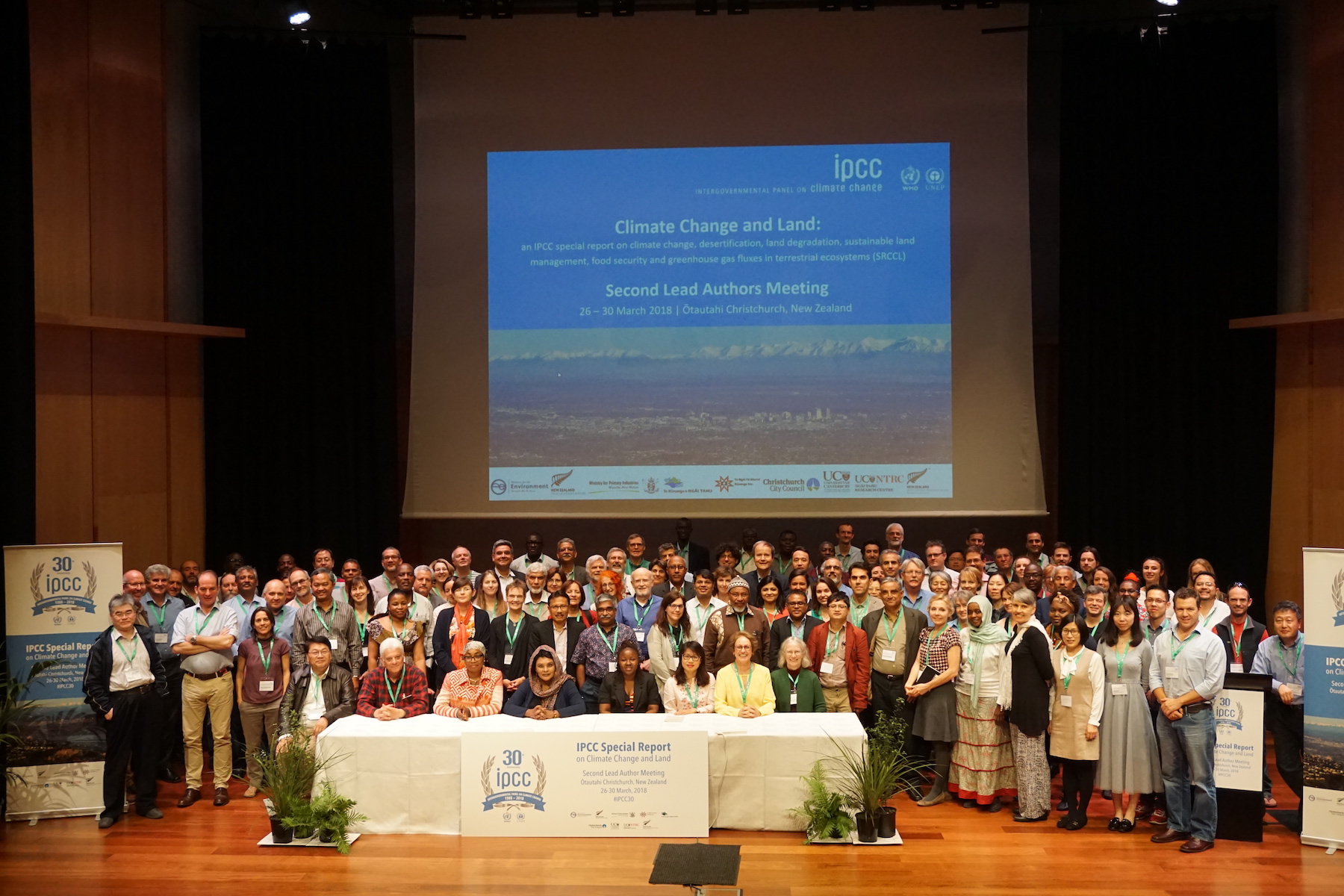
 Climate adaptation and mitigation
Climate adaptation and mitigation 